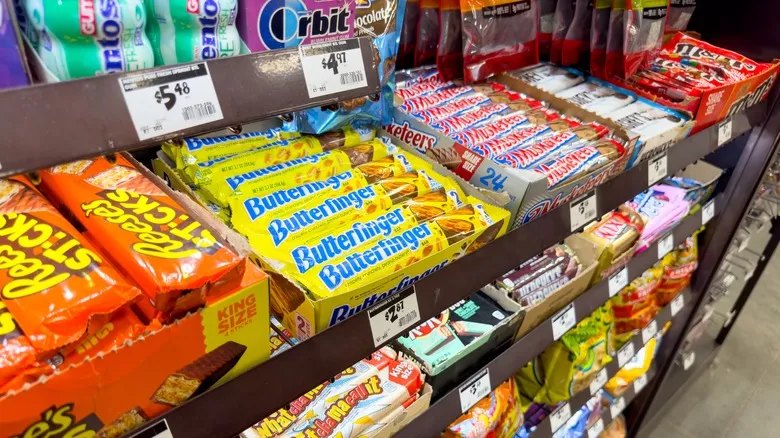Why budgeting for impulse buying works
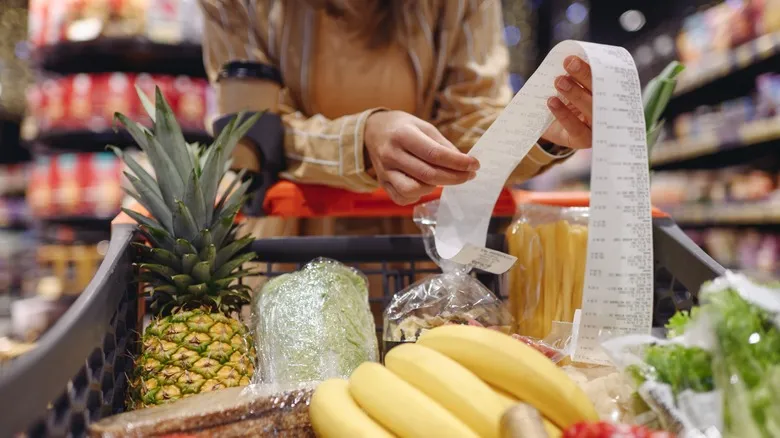
Shopping errors often occur at the supermarket due to a lack of planning or a mindful approach. Establishing a budget for impulse purchases allows you to enjoy small treats without losing control. Allocating a reasonable amount for these extras—whether it's $15 for a single trip or $50 for the month—enables you to indulge without going overboard. The excitement of picking up something new or unexpected releases dopamine in our brains, giving us that pleasurable rush. Instead of completely denying yourself, which can lead to increased cravings and spending later, planning for these small indulgences helps manage impulses effectively.
Factors such as timing and store layout can also impact impulse buying. Grocery stores tend to be busiest on weekends, and crowded aisles can lead to hasty decisions, making it difficult to adhere to your shopping plan. Some experts recommend shopping on quieter days or starting in less tempting areas, like the dairy section, to avoid impulse traps. By setting a budget for enjoyable purchases, you adopt a balanced strategy that recognizes shopping triggers while keeping your finances in check.
Recommended
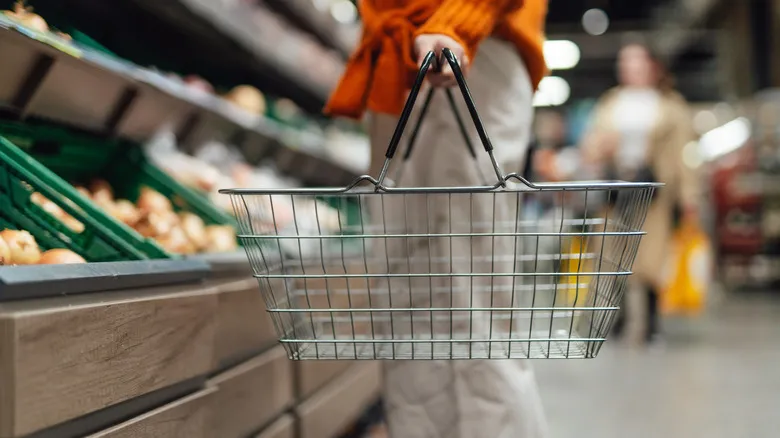
The Most Important Thing To Do Before Your Trip To The Grocery Store

5 Things To Remember When Bagging Your Grocery Items
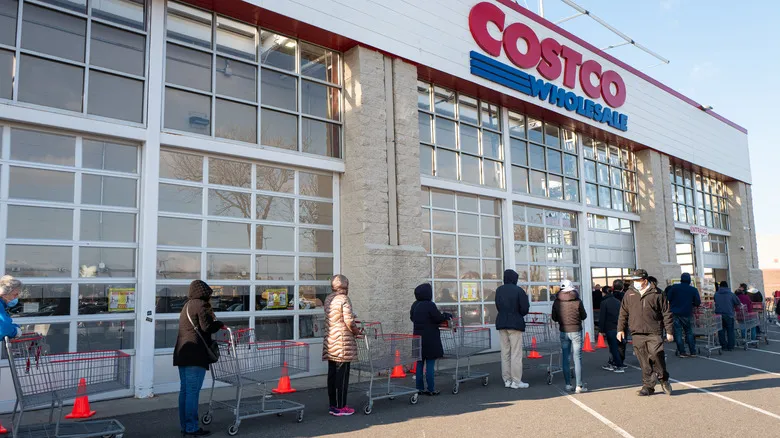
Why Do People Line Up Outside At Costco Before It Opens?
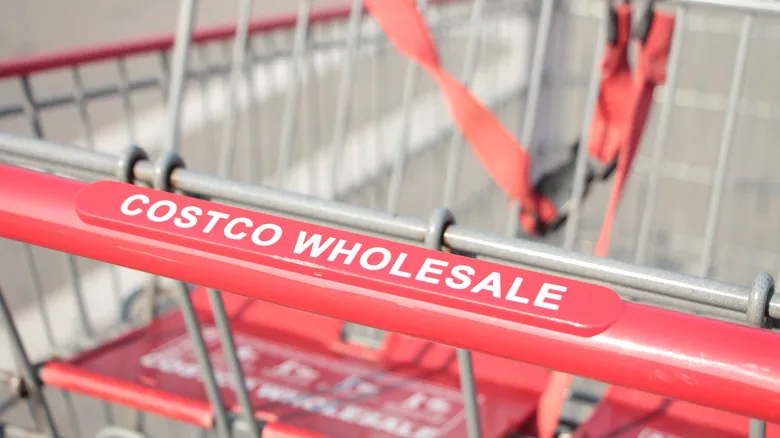
The Costco Shopping Hack That Saves Your (And Your Friends) Money
Next up

